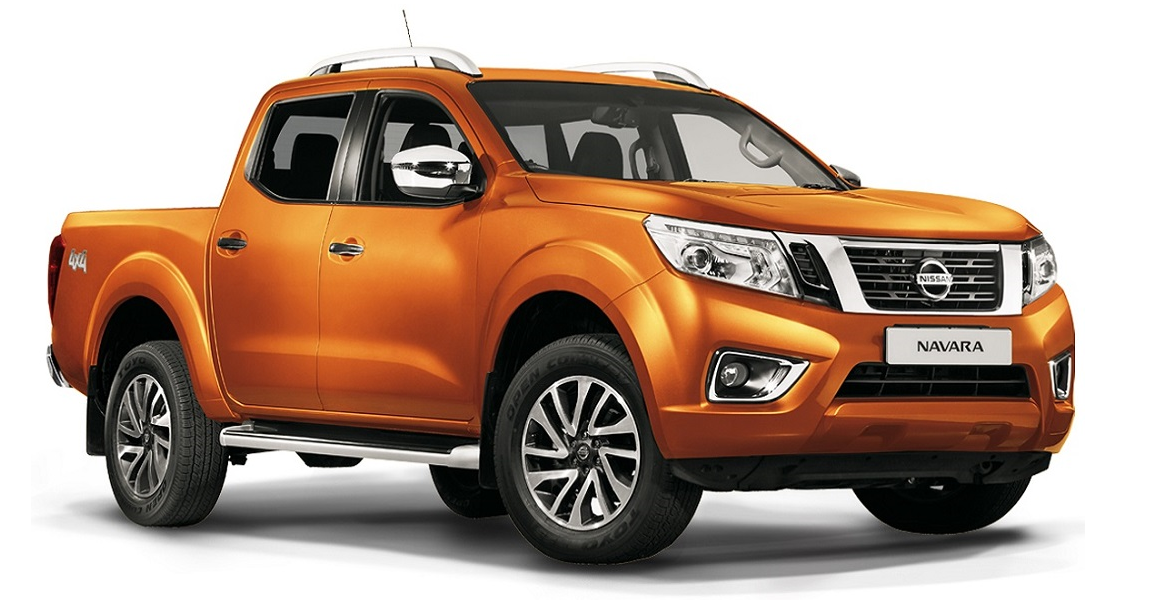
By Style Reporter
Nissan has announced that it will next year start building its award-winning Nissan Navara one-ton pick-up from its Rosslyn plant in Pretoria, South Africa.
This is a significant milestone for Nissan’s industrial expansion in Africa, which will result in efficient product delivery to the African market.
The Rosslyn plant has been producing various models for 60 years, operating exclusively as a Nissan plant since the 1980s. Most recently, it has become a light commercial vehicle hub for the production of the NP300 Hardbody and NP200 pick-ups, which are exported to 45 African markets.
Nissan Group of Africa MD Mike Whitfield confirmed the development.
“2020 will see the first of the Nissan Navara models rolling off the production line, strengthening our market-leading position,” Whitfield said.
“In the process, we will have increased the competitiveness of the Rosslyn plant and created almost 1 200 new jobs at the plant and across the supply chain.
“The investment by Nissan and its partners of US$207m will result in the transformation of Nissan’s South African supply chain network by developing 13 new black-owned suppliers and setting localised content targets of 60% in the South African-built Navara.”
- Chamisa under fire over US$120K donation
- Mavhunga puts DeMbare into Chibuku quarterfinals
- Pension funds bet on Cabora Bassa oilfields
- Councils defy govt fire tender directive
Keep Reading
According to Whitfield the decision was the result of Nissan’s close relations with the government of South Africa on the need for a sustainable and competitive automotive industry.
“This has been demonstrated through a series of progressive automotive industrial development plans culminating in the ambitious South African Automotive Masterplan 2035,” he said.
“This not only sets targets, but provides investment security and planning certainty for the next 16 years. To secure this investment, Nissan had to ensure that the plant meets world-class standards, by upskilling the employees.” Today, the Rosslyn plant has been declared an anchor factory for the company’s Africa, Middle East and India region.
“Our vision for the future is for Nissan to have manufacturing hubs in other African countries — in addition to our two facilities in Egypt and Nigeria,” Whitfield said.
“Our belief is that Africa is not just the last frontier for the automotive industry, but also for significant industrialisation and growth.
“Automotive manufacture is an incredible spur to a country’s industrialisation — and as a country industrialises, diversifying its economy, so its GDP [gross domestic product] increases, and its people become financially sustainable.”
Whitfield said the automotive sector was behind the growth of industrialisation in many countries.
“We have seen this with the so-called Asian Tigers and most recently with China. Africa is like China 20 years ago; a very low level of motorisation and a very low GDP,” he said.
“What happened in China was an unequivocal determination to create growth, so policies were put in place, just like with the Asian Tiger economies, and the growth followed suit very shortly afterwards.”
Whitfield said Nissan’s goal is to work with African countries who want to partner with them to create a sustainable and competitive automotive industry.
“Africa is at the very beginning of this phase and we have partnered with countries, which we believe have both the potential for rapid growth and the will to work with us in creating this highly-specialised industry,” he said.
“We were the first movers in Nigeria and we have signed a memorandum of understanding in Ghana and we are looking at other countries in Africa where there is similar potential, like Kenya and Ethiopia.”











